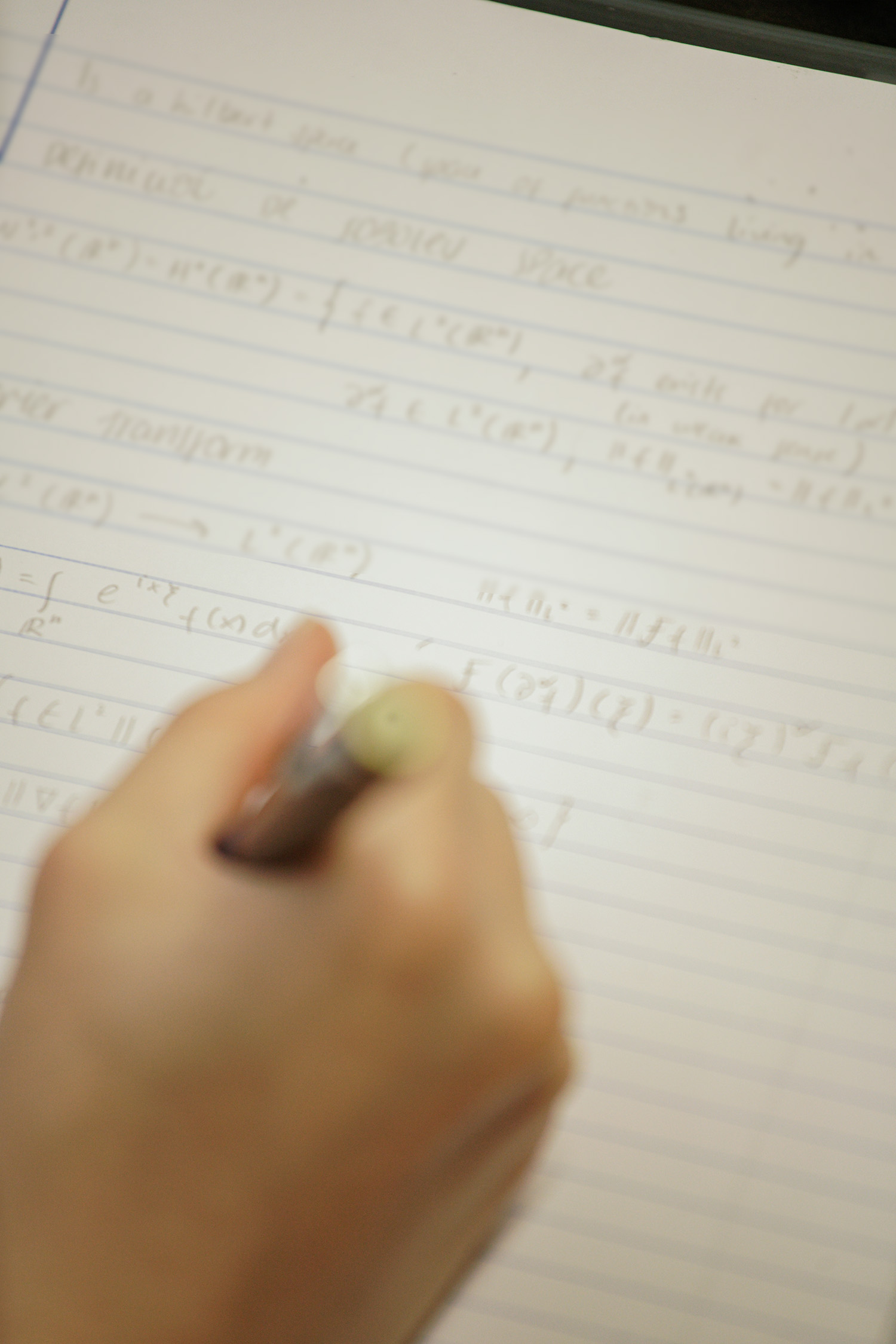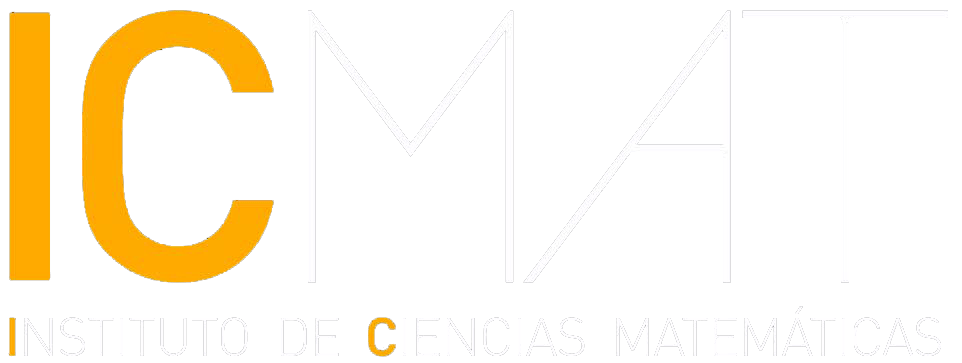Andrei Jaikin-Zapirain (ICMAT-UAM) signs ‘Les Q-groupes libres sont résiduellement nilpotents sans torsion’, published in Annales Scientifiques de l’École Normale Supérieure
 Let F(x, y) be the free group on two generators x and y, and let A(a, b) = Q << a, b >> denote the ring of formal non-commutative power series in two variables a and b. A classical result of Wilhelm Magnus states that the map sending x to 1 + a and y to 1 + b defines an embedding of F(x, y) into the multiplicative group A(a, b)^*. This embedding, known as the Magnus representation, has played a fundamental role in combinatorial group theory.
Let F(x, y) be the free group on two generators x and y, and let A(a, b) = Q << a, b >> denote the ring of formal non-commutative power series in two variables a and b. A classical result of Wilhelm Magnus states that the map sending x to 1 + a and y to 1 + b defines an embedding of F(x, y) into the multiplicative group A(a, b)^*. This embedding, known as the Magnus representation, has played a fundamental role in combinatorial group theory.
In his doctoral thesis, Gilbert Baumslag initiated the study of Q-groups, which are groups in which every element has a unique nth root for all natural numbers n. He introduced the notion of a free Q-group, denoted F^Q(x, y), and proved that the Magnus representation extends naturally to a homomorphism:
F^Q(x, y) → A(a, b)^*.
A central question posed by Baumslag was whether this extended homomorphism remains injective.
The paper provides a positive answer to Baumslag’s question by proving the injectivity of this homomorphism. In fact, this result is proved in the more general context of free A-rings for binomial domains A.
Reference: Jaikin-Zapirain A. Les Q-groupes libres sont résiduellement nilpotents sans torsion. Ann Sci Éc Norm Supér. 2024;57(4):1101-1133. doi:10.24033/asens.2587
